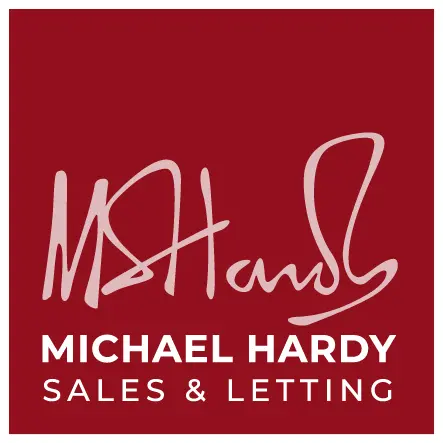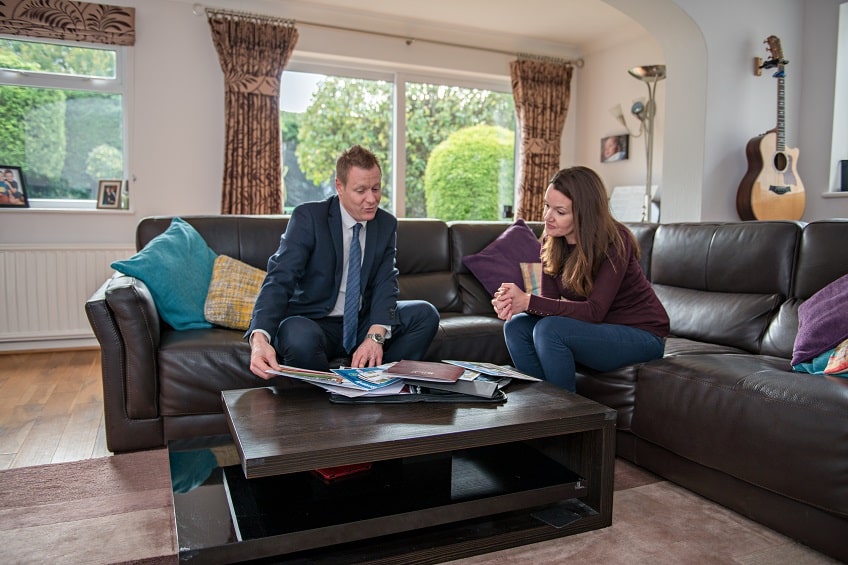Arranging a series of property valuations is often the first thing many people will do once they decide to put their house on the market. Different estate agents will arrive at different figures, and all too often, the agent who proposes the highest valuation will be chosen to represent the property.
But this isn’t necessarily the right way to go. Potential buyers can be put off even viewing your home by an unrealistic asking price, and this can lead to properties being on the market for far longer than they should be.
If you’re thinking about letting or selling your home, or you’d just like to know how much your property is worth in the current market, it’s worth knowing how prospective estate agents approach the valuation process. Here are some of the most important factors we consider when assessing properties, in order to reach a valuation that not only reflects what your home is worth but will get you the best possible return.

Location, location, location
As the saying goes, location is an all-important aspect of property valuation and is generally the first thing we look at. We will consider the average value of the homes in your area, and your proximity to local amenities such as schools (with catchment areas in mind), good transport links and recreation areas. Being close to water, in particular having a view of a lake or river, can give you a higher valuation. The actual selling prices of the homes around you are also important, and a good indication of the current local market – more on this below.
There are other factors that come into play too. You may have heard of ‘the Waitrose effect’, which is based on the statistic that a location near to a Waitrose supermarket can raise the valuation of your home by as much as 24 per cent. While it’s not quite as simple as that, a close vicinity to desirable ‘premium’ brands can have a positive effect on what your home is worth.
The value of comparable homes
As we mentioned above, we will look at your home in comparison with other properties on the market, including recently sold nearby homes that are similar to yours and the market conditions at the time of valuation. When benchmarking against local properties, this doesn’t necessarily mean just considering the house next door; we’ll look at all local homes of a similar standard, regarding the above factors.

The structure of your home
On a fundamental level, we’ll assess the layout and dimensions of your home, including square footage of rooms, the number of reception rooms, bedrooms and bathrooms, the size of any gardens or outside space, any outside storage such as a shed or garage, and whether there is a driveway or any other parking facilities.
Further to this, elements like the type of flooring you have, any double-glazing, insulation and the energy efficiency of your home – recorded on the Energy Performance Certificate (EPC) – will all make a difference.
We’ll also consider any structural improvements to your home, such as extensions and renovations, which, provided they’re done well, can go a significant way towards upping its value. Plus, even if you haven’t made any improvements yourself, the potential to do so can be a great selling point.
The look and feel of your home
This encompasses a huge variety of factors, from décor and aesthetics, to the general condition of your home. We will assess your home’s condition both inside and outside, taking in the level of any wear and tear, the standard of any original or period features and any room conversions or modernisations you may have done.
It’s well-known that certain rooms are more important to a valuation than others, and it’s true that fully-fitted modern kitchens and bathrooms help to boost what your home is worth. We will ask you if there will be any appliances or fittings included in the sale, and not forgetting the garden, we’ll also look at any landscaping.
External factors
Wider factors like the current political climate can also affect calculations when we value a house. Fluctuations in national house prices, interest rates, and local levels of employment can all lower house prices due to the reduction in people who are looking to buy or sell their property. Similarly, periods of booming economic growth can encourage people to buy a new property or sell their property for more of a profit. A good estate agent should consider all of this and have an eye for anticipating the way these elements will move next.
At Michael Hardy, every property valuation we do is slightly different and we appreciate there may always be other aspects to deciding on an asking price that we haven’t mentioned here. When you come to gather valuations, be sure to critique the various figures you get and remember that if an estate agent is on commission for obtaining new listings, their valuation may be unrealistically high.
We take time to consider every characteristic of your home that may be of interest to potential buyers and pride ourselves on providing faithful valuations that we believe will get you the best results as a seller.
Get a free house valuation
If you’re looking to find out what your property is worth, we offer a free instant online valuation for selling and letting which will give you a guideline price, however, we recommend you book a full valuation with one of our property experts. This is a free service so book an appointment today and find out how much your home is worth.

